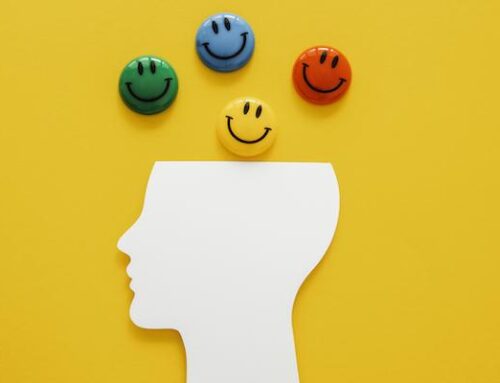
Fake news and fact checking have been in the news lately. Fact-checking is a vital part of the job for many people. Recent stories about fake news have highlighted this. Fake news also draws attention to the idea that checking stories for accuracy and truthfulness should be part of our daily lives as well.
The rapid spread of fake news and misinformation can have far-reaching and damaging consequences, and we all have a responsibility to help stem the flow.
For example, think of conspiracy theories or hate speech. It has even been shown that it can interfere with the democratic process and lead to trust on the systems we rely on for accurate information.
Online and offline
The spread of fake news is associated with online media and information but it is more pervasive than that. Because of the reach off social media and the way we depend on it for research and fact-checking, this inevitably means that its toxic effect can be felt in society as a whole.
Think about this for a moment – what you know to be accurate and true versus opinions and assumptions – and you’ll see that this a one of the classical dilemmas faced by people everywhere.
Our survival depends on knowing who or what we can trust, and who or what we can’t. Paradoxically though, in many cases our survival also depends on trusting people and ideas we really shouldn’t.
Fake news deludes
Critical thinking used to be part of education but cuts, and changes in how education is delivered, mean that fake news has, unwittingly, been allowed into the classroom. This isn’t just because education makes use of digital delivery. If we are losing the ability to think critically about the information we consume.
Critical thinking has been hailed as been seen as an essential life skill since the time of the ancient Greeks. A 2020 study, however, by Michelle Smith at the National College of Education in Chicago, closed with the ominous line “there is minimal evidence that suggests that educational institutions are any closer to developing their students as critical thinkers”.
Judgement can be off
Even the best critical thinkers can be deluded, mistaken, or swayed by their needs which override judgement. A large part of any therapist’s workload will be with clients who are doing this. Call it epiphany, insight, or self awareness, breakthroughs often occur when the client ‘sees’ something that is perfectly apparent to those around them.
To prevent this becoming into an essay, I’ll just say that checking facts starts with us, at home and inside ourselves. It is about personal integrity and honesty.
Before we criticise others for peddling falsehoods, we should check our own habits to see just how much we ‘know’, and how much of our lives are based on convenient or comfortable ideas which have no basis in fact. Long live fake news!







